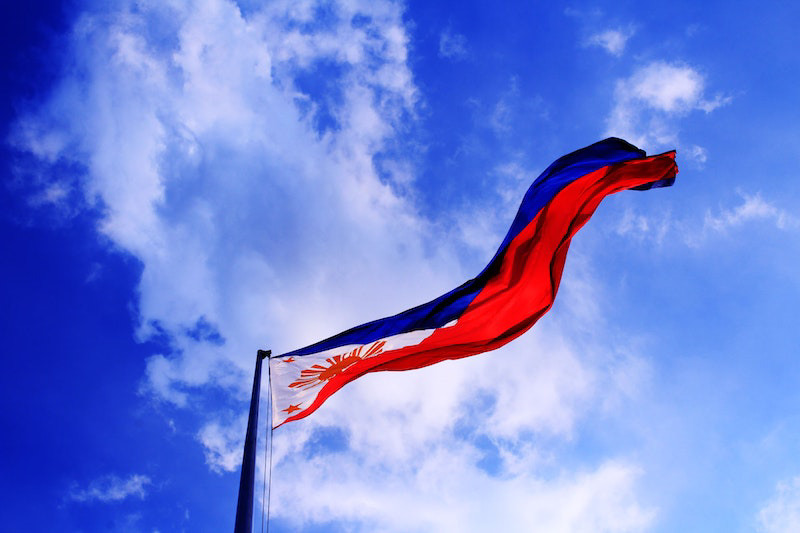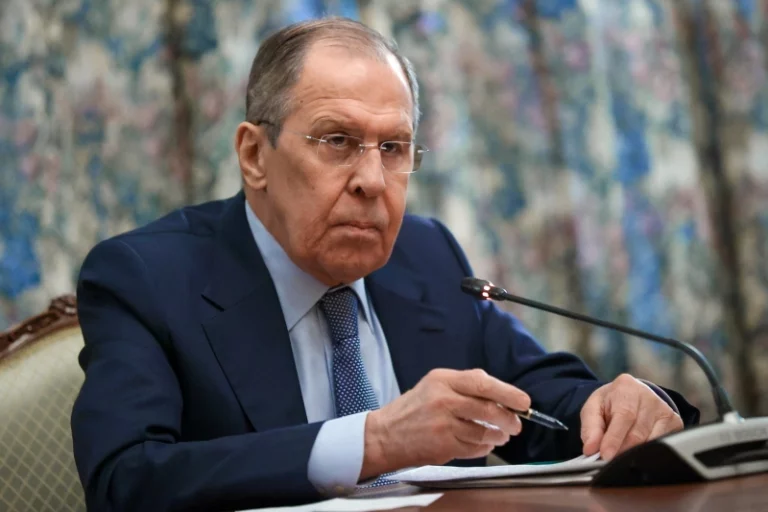On the 4th of August 2023, a noteworthy advancement unfolded within the Philippine economy. The nation’s year-on-year inflation rate exhibited a positive trend, diminishing for the sixth consecutive month to reach 4.7 per cent in July. This figure stands as the lowest inflation rate recorded since March 2022, as indicated by data from the Philippine Statistics Authority (PSA).
Factors driving the growth
The driving forces behind this decline in inflation were primarily attributed to substantial reductions in housing, water, electricity, gas, and other fuel prices. These sectors experienced a notable drop in their inflation rate, which fell to 4.5 per cent from the previous 5.6 per cent observed in June. Additionally, the category of food and non-alcoholic beverages demonstrated a slight decrease, settling at 6.3 per cent, compared to its previous standing of 6.7 per cent. The transport sector also exhibited a deceleration, shifting from -3.1 per cent in the prior month to -4.7 per cent, as reported by Dennis Mapa, the head of PSA.
The cumulative impact of these changes is reflected in the average inflation rate of 6.8 per cent for the initial seven months of the year. This figure surpasses the target range of 5 to 6 per cent that had been set for the entirety of 2023.
Dennis Mapa pointed out that core inflation, a metric excluding select food and energy items, also experienced a slowdown, reaching 6.7 per cent in July. Noteworthy is the observation that while specific items such as rice and vegetables encountered price spikes, the overall trajectory of inflation has been on a downward course since the onset of January.
Challenges
Despite these encouraging trends, a prudent approach remains imperative due to prevailing challenges. Arsenio Balisacan, the Secretary of the National Economic and Development Authority, emphasized the necessity for sustained vigilance. He underscored the potential impact of volatile weather disruptions and external variables like fluctuations in oil prices and trade restrictions on food commodities.
To counter these challenges, the government has been proactively deploying resources to affected regions and formulating responsive policies and measures. Balisacan emphasized that the Philippines anticipates confronting a heightened frequency of typhoons and weather disturbances due to El Nino. In light of this, proactive measures are being taken to mitigate their potential repercussions.
According to the Asian Development Bank, headquartered in Manila, projections indicate that inflation within the Philippines will maintain an average of 6.2 per cent throughout 2023, with an anticipated easing to 4 per cent in the subsequent year, 2024.


















